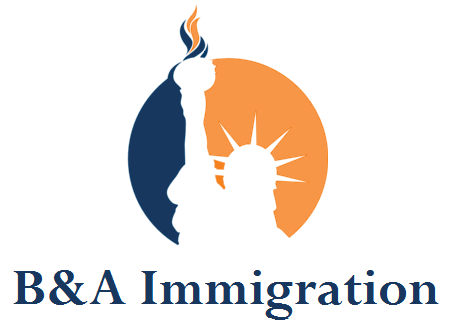What is a National Interest Waiver?
Under the second preference of employment-based immigrant visa category, a NIW is a waiver of the job offer requirement - and therefore the labor certification - because it is in the "national interest". The waiver is only available for professionals with an advanced degree (such as an Engineer with a masters degree) or those with an exceptional ability in the sciences, arts or business. This would allow an entrepreneur to self petition under the second preference category.
The New Standard: Matter of Dhanasar
On December 27, 2016, the AAO issued Matter of Dhanasar which should make it easier for entrepreneurs to qualify for the National Interest Waiver, though its effectiveness will be determined by whether USCIS adjudicators interpret the new standard as intended. The decision overturns a 1998 decision (NYSDOT), and has three parts:
1) The “foreign national’s proposed endeavor has both substantial merit and national importance”;
2) The “foreign national is well positioned to advance the proposed endeavor”; and
3) The United States would benefit “on balance” if the job offer and permanent labor certification requirements are waived.
If these requirements are met, USCIS may approve the NIW as a matter of discretion.
The new standard notes that a petitioner's intended work can be in the national interest even when it is limited to a certain geographic location (prong one). Under prong two, it examines the "potential prospective impact" of the foreign national's intended work – as opposed to limiting the consideration primarily to the past achievements as a measure of future benefits often previously used. The decision recognizes that many endeavors and entrepreneurial pursuits may ultimately fail, "despite an intelligent plan and competent execution". Dhanasar directly rejects that a foreign national must prove they are more likely than not to succeed.
The new third prong also removes the need for a showing of harm to the national interest if the petitioner is not granted a waiver, or a comparison of US workers in the petitioner's field. This makes the waiver standard much friendlier to entrepreneurs and the self-employed.
Other Options for Entrepreneurs
The National Interest Waiver option may benefit entrepreneurs more so than it had done in the past. But what if it does not seem right for you? Many entrepreneurs enter the United States through nonimmigrant E or L-1A visa categories or the EB-5 investor immigrant program. Recent proposals to the EB-5 program mean that the investment minimums are likely set to rise this year, creating a further financial barrier to prospective EB-5 clients.
USCIS also recently finalised the Entrepreneur Parole Program, though the rule puts many limitations (including funding restrictions) on the entrepreneur.
If you would like to speak to an experienced US Immigration Lawyer about a National Interest Waiver or other entrepreneur visa options, please email us on info@baimmigrationlaw.com.
